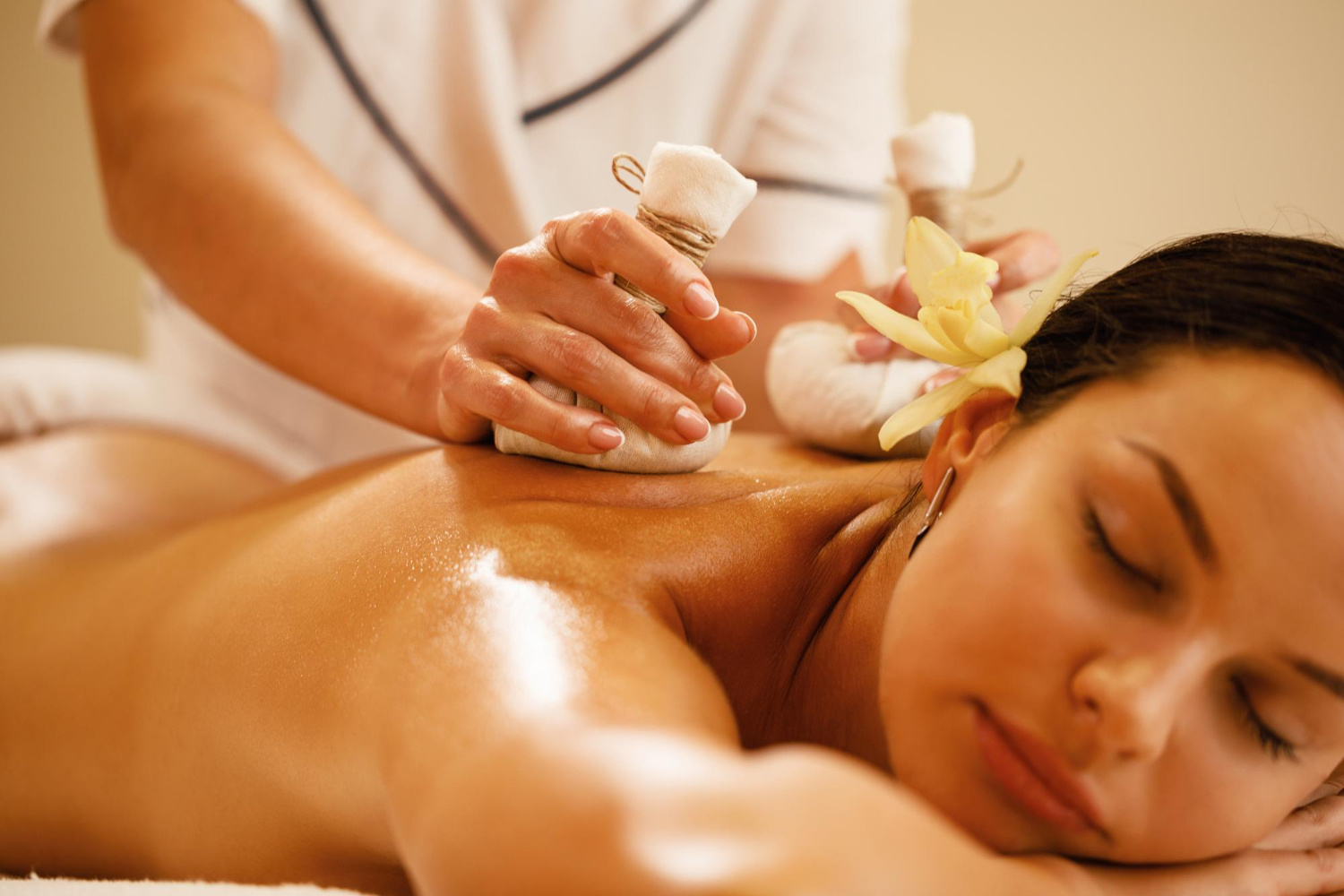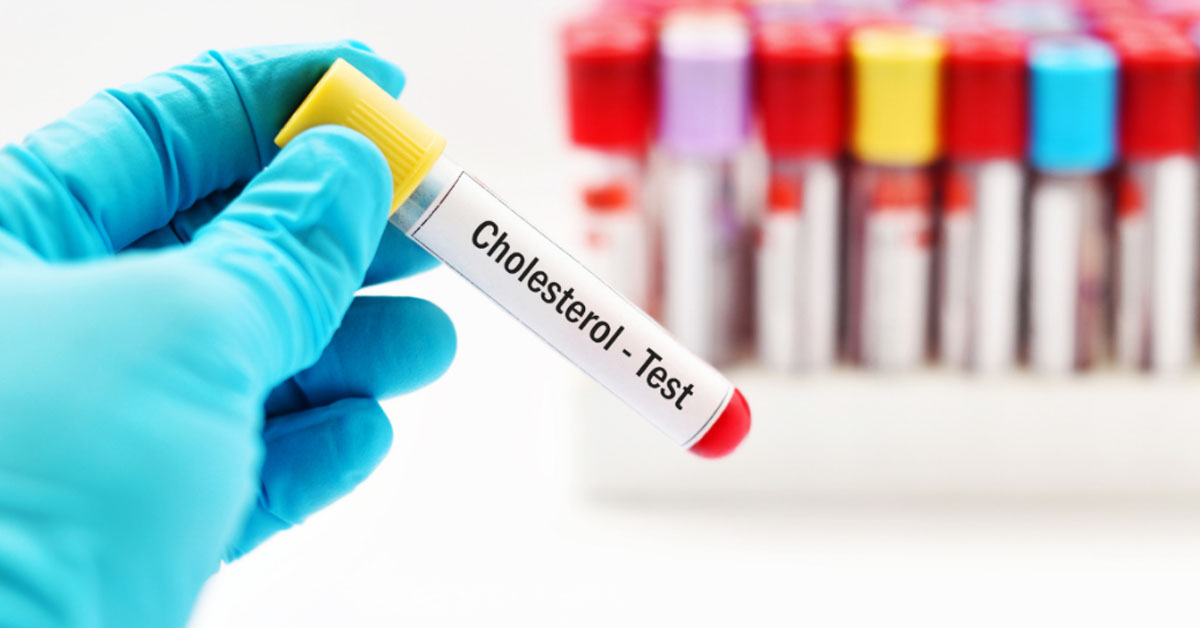

Abhyanga in Sharad Ritu
Abhyanga, the ancient Ayurvedic practice of self-massage with warm herbal oils, is a cornerstone of seasonal wellness, particularly during transitional periods like Sharad Ritu. This therapy, emphasized in classical texts, nourishes the body, balances the doshas, and prepares the individual for deeper purification therapies like Panchakarma. At SriPAA Ayurvedic Hospital, Abhyanga is considered both a preventive and restorative treatment, supporting holistic health and vitality.
The term “Abhyanga” refers to the continuous application of medicated oils on the entire body. This practice improves circulation, calms the nervous system, strengthens muscles, and harmonizes mind and body. Its benefits extend beyond physical health, fostering mental clarity, emotional stability, and spiritual well-being.
Dosha Balancing Through Abhyanga
Abhyanga directly influences the three doshas:
Vata Dosha
- Characteristics: Dryness, coldness, lightness, and irregularity.
- Sharad Ritu Impact: Vata increases due to dry, cool, and windy conditions.
- Abhyanga Benefit: Warm oil massage restores lubrication to joints and tissues, reducing dryness and cracking, and calming Vata-induced anxiety, restlessness, and insomnia.
- Herbs/Oils: Sesame oil with Ashwagandha or Bala for Vata pacification.
Pitta Dosha
- Characteristics: Heat, intensity, and sharpness.
- Sharad Ritu Impact: Pitta residual from the monsoon can cause inflammation, acidity, and skin irritations.
- Abhyanga Benefit: Cooling oils like coconut or medicated oils with Neem, Guduchi, or Manjistha help reduce internal heat, calm inflammation, and soothe irritated tissues.
Kapha Dosha
- Characteristics: Heaviness, stagnation, and dampness.
- Sharad Ritu Impact: Gradually reduces in autumn, but residual Kapha can cause lethargy and congestion.
- Abhyanga Benefit: Moderate oil application stimulates circulation, breaks stagnant energy, and enhances lymphatic drainage.
By applying Abhyanga daily during Sharad Ritu, the body remains supple, joints move freely, and the mind achieves a grounded state.
Techniques and Step-by-Step Guide
Preparation
- Oil Selection: Choose dosha-specific herbal oils. Vata – warm sesame, Pitta – cooling coconut, Kapha – stimulating mustard or medicated oils.
- Temperature: Slightly warm the oil to facilitate absorption.
- Environment: A calm, warm room free of drafts ensures comfort during massage.
Application
- Head and Face: Apply gentle strokes in circular motions, using fingertips to stimulate nerve endings and improve blood flow.
- Neck and Shoulders: Use firm, circular, upward strokes to relieve tension and stress accumulated from daily activities.
- Arms and Hands: Massage from fingertips to shoulders in long, rhythmic strokes to improve circulation and remove fatigue.
- Torso and Chest: Apply oil in clockwise circular motions over the abdomen and chest to support digestive fire and heart health.
- Legs and Feet: Massage from feet upwards, using kneading techniques for muscles and joint flexibility.
Post-Massage Practice
- Rest for 20–30 minutes after the massage, allowing oils to penetrate deep into tissues.
- Take a warm bath or shower to remove excess oil, leaving a protective layer on the skin.
- Practice deep breathing or meditation to further harmonize mind and body.
Seasonal Adjustments in Sharad Ritu
During Sharad Ritu, dry and cool conditions make Vata dosha prone to imbalance. Abhyanga helps to:
- Maintain Moisture: Counteracts dryness in skin and joints.
- Enhance Circulation: Ensures doshas move harmoniously.
- Promote Immunity: Oils carry medicinal herbs that nourish tissues and support immune function.
- Reduce Stress: Long, rhythmic strokes relax the nervous system, improving emotional and mental stability.
Dietary Integration: Pair Abhyanga with light, warm meals rich in sweet, bitter, and astringent flavors to harmonize Pitta and Vata. Include soups, stews, and seasonal fruits.
Herbal Oils and Their Benefits
- Ashwagandha Oil: Reduces Vata imbalances, supports muscle strength, and calms the mind.
- Bala Oil: Nourishes joints and strengthens tissues.
- Manjistha Oil: Detoxifies skin, improves complexion, and supports lymphatic health.
- Neem Oil: Reduces inflammation, purifies skin, and cools Pitta.
- Coconut Oil: Provides moisture, cools excess heat, and strengthens immunity.
Lifestyle Integration with Abhyanga
- Morning Routine: Abhyanga in the morning enhances energy, improves focus, and prepares the body for daily activities.
- Mindful Awareness: Incorporate meditation or pranayama after massage for calming the nervous system.
- Consistency: Daily practice ensures sustained benefits for Vata, Pitta, and Kapha balance.
- Sleep and Recovery: Abhyanga promotes restful sleep by soothing nerves and calming mental stress.
Benefits of Abhyanga – A Holistic Overview
- Physical Benefits: Improves circulation, nourishes muscles and joints, enhances skin texture, reduces stiffness, and promotes overall vitality.
- Mental Benefits: Reduces anxiety, mental fatigue, and promotes focus and clarity.
- Detoxification: Mobilizes toxins from tissues into circulation for natural elimination.
- Immunity Support: Strengthens body tissues, enhances resistance to infections, and maintains energy balance.
- Rejuvenation: Promotes longevity, revitalizes tissues, and restores natural balance in body and mind.
SriPAA Ayurvedic Approach
At SriPAA Ayurvedic Hospital, Dr. Mallikarjun Dambal and the expert team integrate Abhyanga into personalized Panchakarma protocols:
- Assessment: Dosha evaluation and seasonal adjustments guide the choice of oils and herbs.
- Customization: Abhyanga is tailored for individual body constitution, health status, and lifestyle.
- Integration: Combined with Virechana, dietary protocols, and lifestyle counseling for optimal seasonal wellness.
- Education: Patients are taught techniques to safely continue Abhyanga at home, ensuring long-term benefits.
Conclusion
Abhyanga is more than a massage; it is a holistic Ayurvedic practice that harmonizes body, mind, and spirit. By incorporating Abhyanga into daily routines during Sharad Ritu:
- Vata imbalances are calmed.
- Pitta excess is reduced.
- Kapha stagnation is alleviated.
- Skin, joints, digestion, and mental clarity are improved.
With expert guidance from SriPAA Ayurvedic Hospital, Abhyanga transforms wellness, fosters immunity, and prepares the body for deeper therapies like Virechana and Panchakarma. Embrace Abhyanga this Sharad Ritu and experience rejuvenation, vitality, and lasting balance.


